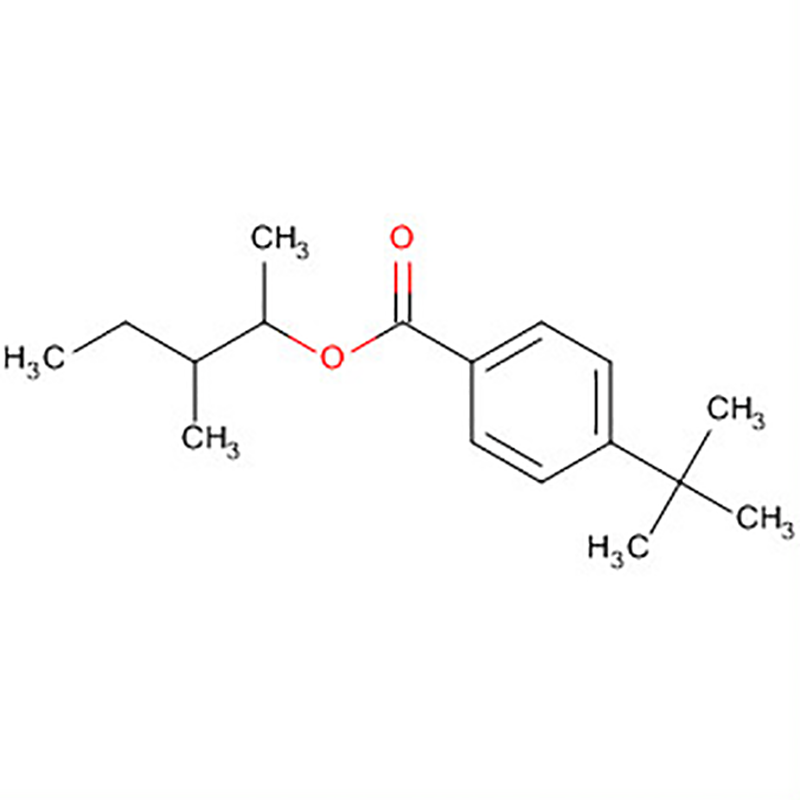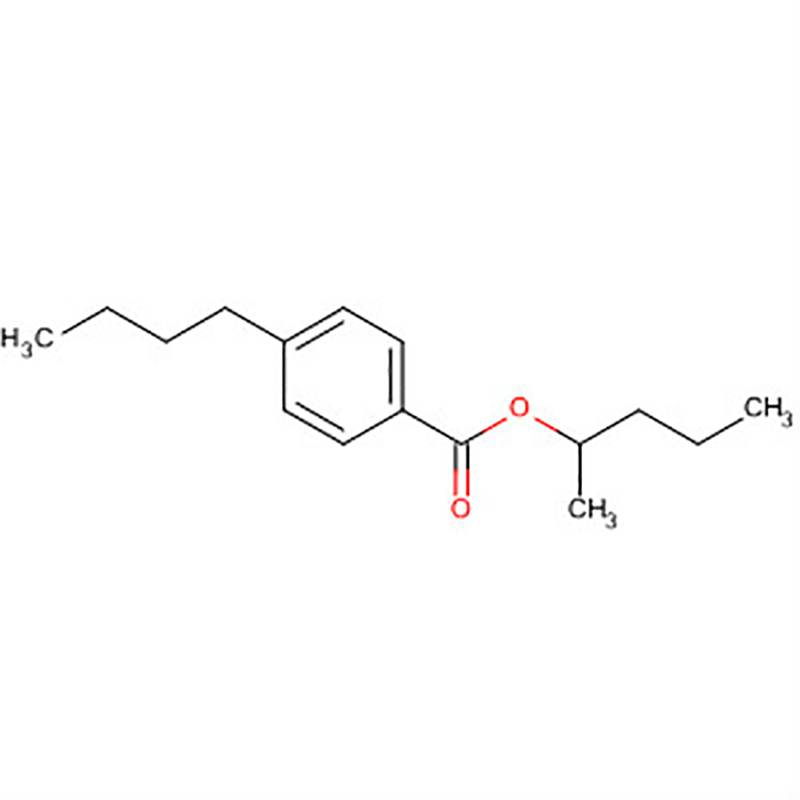-
Categories
-
Pharmaceutical Intermediates
-
Active Pharmaceutical Ingredients
-
Food Additives
- Industrial Coatings
- Agrochemicals
- Dyes and Pigments
- Surfactant
- Flavors and Fragrances
- Chemical Reagents
- Catalyst and Auxiliary
- Natural Products
- Inorganic Chemistry
-
Organic Chemistry
-
Biochemical Engineering
- Analytical Chemistry
-
Cosmetic Ingredient
- Water Treatment Chemical
-
Pharmaceutical Intermediates
Promotion
ECHEMI Mall
Wholesale
Weekly Price
Exhibition
News
-
Trade Service
Endogenetic or metastasis of cytotoxic T cells is the basic medium of anti-tumor immunity, and continuous antigen exposure can gradually turn T cells into a state of failure.
understanding how to prevent T-cell failure and thus expand its function is one of the most pressing issues in immuno-oncology today.
blood-forming ancestral kinase 1 (HPK1) is an immunosuppressive regulated kinase, but also a negative regulatory factor of T-cell receptor (TCR), which destroys the stability of the TCR signal complex.
previous studies have shown that HPK1 kinases inhibit the immune function of multiple cells, and that inactivation of their domain is sufficient to trigger an anti-tumor immune response effect.
shows that HPK1 is a promising candidate for cancer immunotherapy.
August 28, 2020, The Liao Xuebin Group of Tsinghua University, in collaboration with the Wei Lei Task Force of Sun Yat-sen University, revealed that HPK1 mediates T-cell dysfunction and is a drug target for T-cell immunotherapy.
the results were published in Cancer Cell.
In previous studies, researchers have confirmed a strong positive correlation between inhibitory PDCD1 (coding PD-1) subjects and MAP4K1 (coded HPK1) in tumor-indaching T cells of 25 different types of cancer.
Now, by further detecting the correlation between MAP4K1 and other inhibitory ligenes in tumor-invasive T-cells, MAP4K1 in different cancer patients is positively related to T-cell failure signals (CD3E, TIGIT, PDCD1, CTLA4, HAVCR2, and LAG3), while the expression of proteins inhibiting the inhibitory and HPK1 in tumor specimens in patients is also found to be positively related.
these results confirm that HPK1 is positively correborated with tumor-infested T-cell depletion, suggesting that HPK1 may be the key kinase that regulates T-cell depletion and inhibits anti-tumor immune response.
MAP4K1 expression and correlation with T-cell failure signals in different cancer patients To further verify the effect of HPK1 on the anti-tumor activity of T-cells or tumor cell growth, the researchers detected the expression of HPK1 in tumor cells and found that HPK1 was rarely expressed in tumor cells.
using the B16OVA model, the researchers found an increase in the number of OVA-specific CD8 plus tumor-immersed lymphocytes (TILs) in MAP4K1 cells compared to wild mice, with MAP4K1 defective mice exhibiting an increase in the expression of the departitant marker CD107a and producing more granulase B and interferon-g (IFN-g) stimulated by Fopool PMA and ionmycin.
, map4K1's missing CD8-TILs not only reduce failure, but also have strong anti-tumor activity.
the study, the researchers found that the HPK1-Blimp1 axis could drive the CD8 plus until it ran out.
researchers first analyzed RNA sequence data from tumor-invasive T-cells and found that the HPK1 gene knock-out caused co-inhibition of the subjects (e.g. PDCD1, HAVCR2, LAG-3 and CTLA-4) and apoptotic-related genes (e.g. ANXA1, FAS, BCL2L2, CASP3, LOWER CASP1 and CASP4), increases in gene-related genes associated with cell cycles (e.g., GADD45B, CDKN2A, CDK2, CCNB1, MAD1L1, TFDP1, CDC25B, and CDC25C), and protein expression levels in mice confirmed the results.
, PRDM1 (Code Blimp 1) and TOX were significantly positively associated with MAP4K1 in melanoma patients.
Previous studies have shown that HPK1 works as a key TCR near-end kinase that regulates T-cell activity through positive cell-regulated tumor-infested T-cell failure Blimp1 expression, and a series of experiments in this study have confirmed this result.
interactions between the HPK1-Blimp1 axis and HPK1 and other signaling paths, the researchers further explored the effects of HPK1 on the cell function of chisellular antigens (CAR-T).
they found that CAR-T cells that knocked out MAP4K1 were significantly more toxic to tumor cells than CAR-T cells that knocked out PD-1.
, the researchers used patient-derived MM NSG mouse models to assess the preclinical efficacy and safety of CAR-T cells knocked out by MAP4K1.
results showed that on the 7th day of in vitro culture compared to the control group, the expression of TOX and GATA3 in the B-cell mature antigen CAR-T cells knocked out by MAP4K1 decreased and the expression of TCF1 increased.
addition, it can significantly inhibit tumor growth and prolong mouse survival.
cells produced not higher IL-6s, but higher IFN-g and fewer IL-15s, and less toxic than control groups.
results show that knocking out MAP4K1's CAR-T cells clearly balances safety and effectiveness.
the above results, the researchers developed a series of small molecular inhibitors of HPK1, and finally found that ZYF0033 pairs of HPK1 with IC50 less than 10 nm showed good effectiveness.
in toxicity studies, ZYF0033 also highlights a greater advantage.
In mouse models, ZYF0033 inhibited tumor growth and led to an increase in infuse of DC, NK cells, and CD107A-CD8-T cells in tumors, but reduced the immersion of regulatory T-cells, PD-1-CD8-T cells, TIM-3-CD8-T cells, and LAG3-CD8-T cells.
subsequent pharmaceutical chemistry optimization developed the protein hydrolytic targeted chimline (PROTAC) reagent SS47 and conducted a series of experiments to verify its safety and effectiveness.
summary, HPK1 degradation of genetic knock-out, pharmacological inhibition, or PROTAC-mediated improved the effectiveness of CAR-T cell immunotherapy in various preclinical mouse models of blood and solid tumors.
these strategies are more effective than genetically removing PD-1 in CAR-T cells.
improving T-cell failure and enhancing the function of the effects are effective strategies to improve immunotherapy.
, the development of HPK1 inhibitors or the degradation of HPK1 through PROTACs may be a new frontier in cancer immunotherapy research.
references: hematopoietic Progenitor Kinase1 (HPK1) Mediates T Cell Dysfunction and Isa Druggable Target for Cell-Based Immunotherapies







